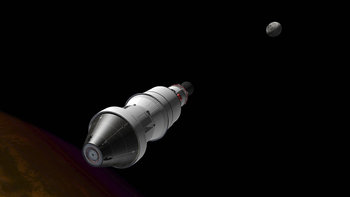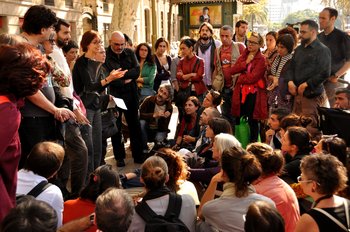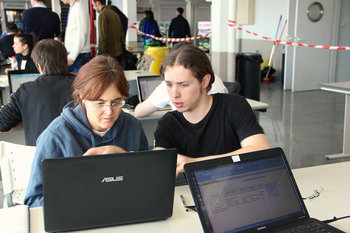
Measurement
Difficulties in measuring things with accuracy, precision, consistency and certainty. For example, it is difficult to measure an emotion, motivation, idea, perception or social interaction with any certainty.Experiments
Experimental conditions that are less than ideal such as a natural experiment with a control that isn't an exact match. For example, a natural experiment whereby a fast food restaurant opens in a remote town that has never had fast food. Here you could compare the impact to the community with a control of a similar town that doesn't have fast food. However, there may be cultural differences between these towns that are difficult to detect.Informal Logic
Papers that are fully based on rational arguments that may reference data in a casual way that supports but doesn't prove a hypothesis.Easily Disproven
It is a fundamental principle of science that a hypothesis be falsifiable such that it is possible to test that the hypothesis is wrong. It is common for papers in social sciences to be based on easily disproved assumptions and arguments if you apply the standards of formal logic based on excluded middle. This doesn't mean that these aren't potentially valid arguments but it does suggest they aren't particularly scientific. For example, many theories in economics are based on the assumption that consumers make rational choices. All you need is a single example of an irrational consumer to disprove this assumption. By the standards of hard science, such assumptions would be likely to be challenged and rejected.Data
Data collection, processing, analysis and interpretations that are variable in some way such that two studies performed with the "same" procedures reach different results. This results in low replicability whereby findings in a study can't be confirmed by later studies.Assumptions
Stated and unstated unproven assumptions that color analysis and interpretations. For example, a research paper that conforms to the precepts of postmodernism such as relativism.Ideology
Some academic disciplines are accused of being ideological whereby groupthink prevails. In this type of environment, any researcher who violates certain unproven assumptions is likely to be ostracized or penalized. Groupthink in these disciplines can extend quite far whereby simple adherence to the ideology is enough to be published. This has been demonstrated whereby papers consisting of nonsense packed with ideological buzzwords were accepted by academic journals. Alan Sokal most famously pulled this off in 1996 with a nonsensical paper that was published by Social Text, a reputable academic journal in the social sciences.Notes
The public commonly equate science with certain knowledge. As such, it may be misleading to present things as science that are based on assumptions that can be easily falsified with valid logic or that can't be replicated by additional studies. Likewise, it is a stretch to call something science when it is really just a rational argument loosely based on data such that the validity of the argument is uncertain.| Overview: Soft Science | ||
Type | ||
Definition (1) | An academic discipline that is loosely based on the scientific method. | |
Definition (2) | An academic discipline that deals with things that are inherently difficult to measure with accuracy and precision. | |
Related Concepts | ||































